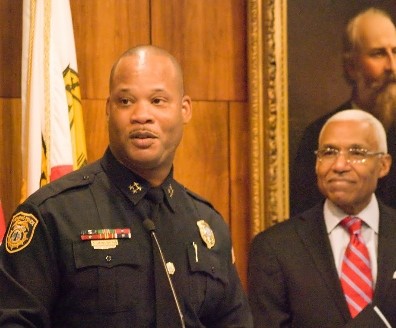The longer the current budget discussions in local government go on, the more we’re reminded of that apocryphal old country adage whereby a farmer scratches his head and says, in answer to a motorist’s request for directions, “Son, you can’t get there from here.”
True, the Memphis City Council is able, for the first time legitimately, to ignore some $70 million worth of MOE (maintenance-of-effort) obligations to the schools of Memphis. But that’s of minimal solace to city taxpayers, given that, as residents of Shelby County, they will still have to shoulder a major part of that expense as stakeholders in the new Unified School District. And Mayor Wharton and various council members have made it clear that the modest gain from casting the MOE asunder is more than overborne by the squeeze created by a significant decrease in assessed property values, upon which tax obligations are arrived at and levied.
Both Memphis mayor Wharton and county mayor Luttrell have made it as clear as they can for their overlapping constituencies that an increase in the property tax rate is unavoidable merely to maintain the current level of public services. Council chairman Jim Strickland is adamant that some way of avoiding a tax increase must be found, else Memphis residents will continue “voting with their taillights” and move away. Yet even Strickland has programs in mind — pre-K, in his case — that must be shielded at all costs to maintain an acceptable level of amenities. On the Shelby County Commission, there is a solid phalanx — though apparently a minority on that body — that would hold the tax line or restrict any increase to a bare minimum. The major issue for the county is the whopping deficit that’s looming for the Unified School System — estimated at two or three times the $45 million or so that members might agree to in the way of new taxes.
And the Good News …
When county mayor Mark Luttrell addressed the Memphis Rotary Club last week, he let go at the Unified School Board, which at that point was gridlocked to the point of not being able to agree on what day it was, much less on what the final configuration of the system might be for even tentative budget estimates. A “disservice” to the community is what Luttrell called it, and he made it clear that the board’s failure to accomplish even rudimentary financial estimates made his own budget calculations futile.
But when the board met last Tuesday night, hard on the heels of this rebuke, it got busy and made up for much lost time, resolving questions ranging from school transportation to a district-wide cleaning contract and reaching preliminary agreement on what had been the intractable issue of school closures.
Much more remains to be done, and variables remain — many of them beyond the direct control of the school board itself — but the board moved within reach of finishing its business, and that, like a large stone dropped in the water, will have a positive ripple effect on all other elected bodies locally.
